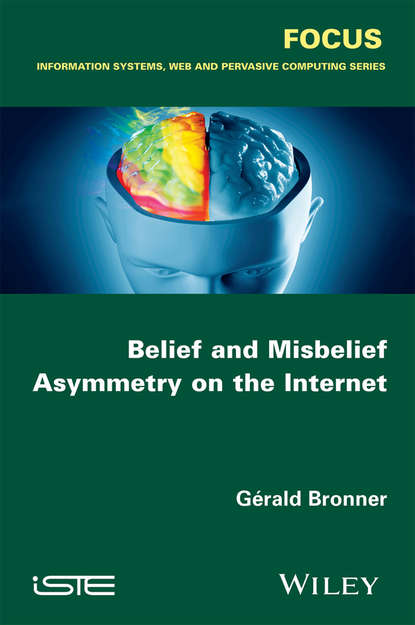Книга "Неравенство веры и неверия в интернете" обсуждает медиа, верования, новости, интернет и т.д., но не следует рассматривать ее как еще одну критику медийной системы, исследующую с возмущенным восхищением идею заговора против истины, созданного для обслуживания общества доминирования. Такие теории, будь то теории заговора или, более тонко, самопроизвольное "критическое" мышление, всегда казались выражением формы интеллектуальной незрелости. Это не значит, что попытки манипулировать мнениями не происходят, или что наш мир свободен от компрометирующих принципов или коррупции; наоборот, но все это не является главной проблемой. Фактически, реальность может быть еще более тревожной, чем те мифы, сколь бы сложными они ни были, которые предвидят медийную систему, индустрию, науку и т.д., все в согласии, чтобы отвести "людей" от истины. Это более тревожно, потому что процессы, описанные в этой книге, которые позволяют ложь и сомнительность овладеть общественной сферой, усилены развитием информационных технологий, функционированием наших умов и самой природой демократии. И, наконец, это более тревожно, потому что мы все несем ответственность за то, что произойдет с нами.
This book deals with the media. Topics covered include beliefs, news, the internet. However, it's not another critique of media. The book explores the idea of truth being manipulated to serve society. Conspiracy theories are also discussed. But this is not about conspiracy theories per se. This book argues that our thinking is influenced by technology. Democracy plays a part in this. Finally, authors believes that we as individuals are responsible for our own actions.
Электронная Книга «Belief and Misbelief Asymmetry on the Internet» написана автором Gérald Bronner в году.
Минимальный возраст читателя: 0
Язык: Английский
ISBN: 9781119261551
Описание книги от Gérald Bronner
This book discusses the media, beliefs, the news, the Internet, etc. but it should not be seen as yet another critique of the media system, exploring with indignant fascination the idea of a machination against truth set up to serve a society of domination. These kinds of theories, whether they pertain to conspiracy theories or, more subtly, to a self-styled «critical» way of thinking, have always seemed to be the expression of a form of intellectual puerility. This is not to say that attempts at manipulating opinions do not occur, or that our world is free from compromised principles, or indeed corruption; far from it, but none of this is the key issue. In fact, reality can somehow be even more unsettling than those myths, however sophisticated they may be, that envisage the media system hand-in-hand with industry, science, and so forth, all in agreement so as to lead the «people» away from the truth. It is more unsettling because the processes described in this book and that allow falsehood and dubiousness to take hold of the public sphere are boosted by the development of IT, the workings of our minds, and the very nature of democracy. And finally, it is more unsettling because we are all responsible for what is going to happen to us.



















